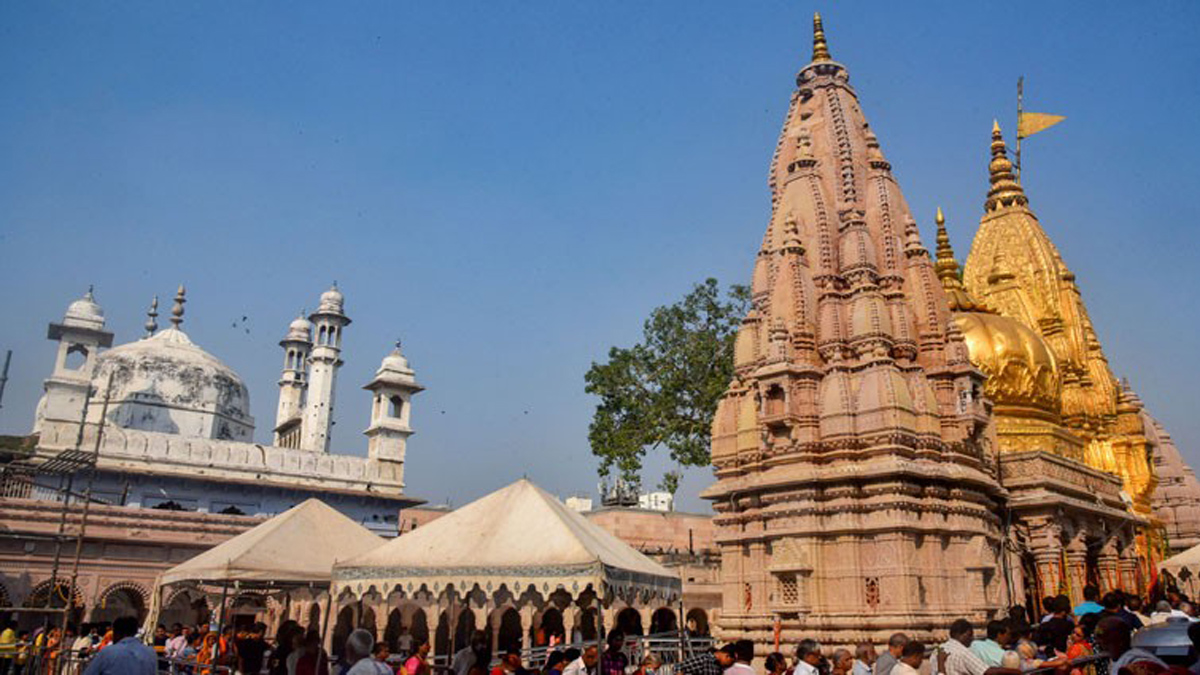The chief justice-led bench in the Supreme Court expressed displeasure over fresh slew of pleas filed over the Places of Worship Act and said there should be a limit for intervention applications moved regarding the matter.
A bench comprising Chief Justice Sanjiv Khanna and Justice Sanjay Kumar was irked over fresh pleas in the matter as the Supreme Court itself had restricted courts across the country from registering fresh pleas or passing interim orders on pleas related to the legislation. Hearing bunch of petitions filed related to the matter, the bench said the matter will be held in March as it has to be heard by a three-member bench.
"We will not take up the Places of Worship Act matter today. It is a three-judge bench matter. Too many petitions filed. List sometime in March. There is a limit to interventions being filed," CJI Khanna remarked while hearing the case, Bar and Bench reported.
Also read
- ‘Filing petition after such delay suspicious’: SC raps TN Pollution Board for challenging Madras HC order in Isha Foundation case after 2 years
- SC extends interim protection granted for Puja Khedkar in UPSC cheating case
- 'Aren't we creating a class of parasites?': SC slams freebies promised ahead of polls
- Acharya Satyendra Das death: Ayodhya chief priest was the ‘centre’ of the efforts on Hindu-Muslim amity
Places of Worship (Special Provisions) Act, 1991, mandates the religious character of a place to be maintained as it existed on August 15, 1947. During an earlier hearing on the case, the chief justice-led bench stalled further proceedings in related matters until the Supreme Court had decided on the pleas. The apex court’s order stalled proceedings in at least 18 lawsuits filed to ascertain the religious character of 10 mosques including Gyanvapi at Varanasi, Shahi Idgah Masjid at Mathura and Shahi Jama Masjid at Sambhal.
In their petitions, the Hindu side has argued several provisions of the Act are not Constitutional and against the interests of the Hindus. However, petitions in favour of the law have sought strict implementation of the Act.



